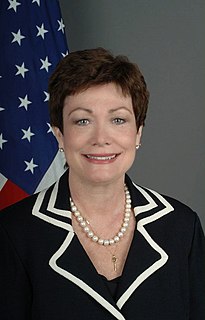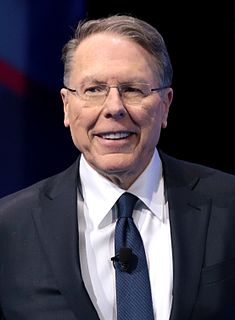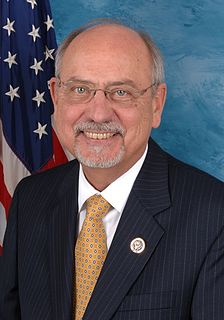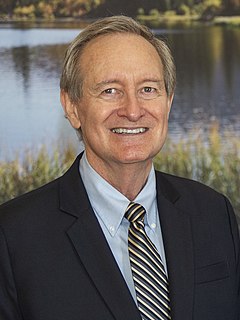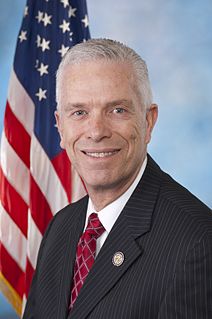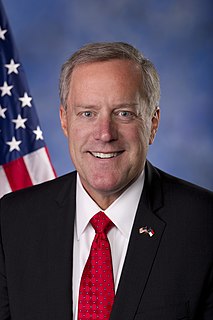A Quote by Ellen Tauscher
An overstretched military undermines homeland security and our ability to meet threats around the world.
Related Quotes
ISIL, AQ, now have the ability to literally reach into our homeland through social media, through the Internet, to recruit and inspire. It makes for a more complicated homeland security environment. And so it requires a whole of government approach, not just military and law enforcement, homeland security, aviation security, and the like.
Why do people like America? They say, well, you have the largest military in the world. Because you have more people, et cetera. They like America for what we stand for. And one of the things, and I feel proud to be, what this president's for, the last seven years, is we have once again aligned our basic fundamental beliefs and principles with our conduct. And it matters. It matters in terms of our security. It matters in terms of our ability to influence the world. It matters in our ability to succeed.
Actually, the phrase "national security" is barely used until the 1930s. And there's a reason. By then, the United States was beginning to become global. Before that the United States had been mostly a regional power - Britain was the biggest global power. After the Second World War, national security is everywhere, because we basically owned the world, so our security is threatened everywhere. Not just on our borders, but everywhere - so you have to have a thousand military bases around the world for "defense."
